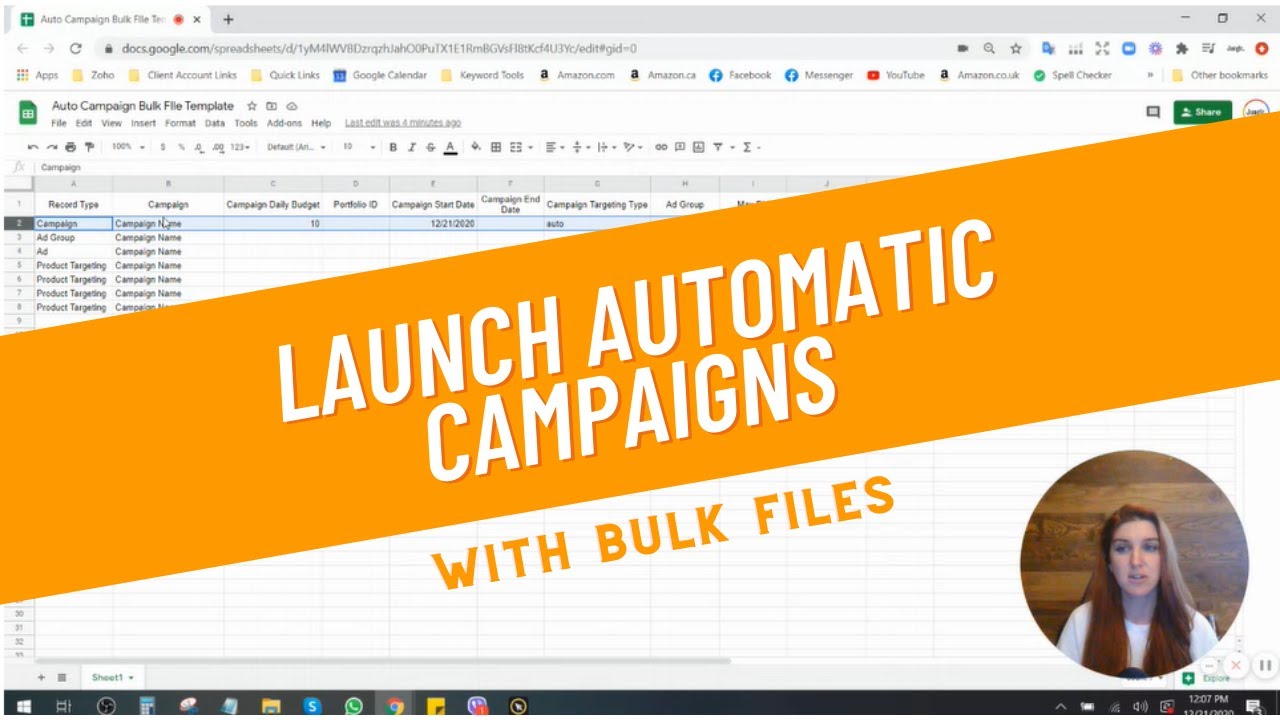
You may have wondered why Black Friday is named that. The term was first used in Philadelphia by police in 1950s to describe the chaos which swept through the city after Thanksgiving. To keep up the pace with the tourist and suburban shoppers, police had long shifts. Shoplifters profited of the confusion, flooding stores. This is how the term came to be, with many variations.
Origins
Black Friday sales are a popular phrase, but its origins are ambiguous. Black Friday may be a marketing trick, while others think it's a legitimate cause. This sell-off was a catalyst for a devastating stock market crash. The crash caused financial chaos and led to the bankruptcy of millions.

Meaning
Black Friday first appeared in 1869. The phrase was used to describe a financial panic in the U.S. Black Friday is often misunderstood to refer to the 1929 stock market crash. That happened on a Tuesday. It is not true.
Definition of the term
Black Friday, which was a result of the numerous price changes and sales that took places during the holiday, is now called the official start for Christmas shopping. Modern definitions of the holiday date back to 1950s when the economy had more stability and it was the beginning of Christmas shopping season. Black Friday has a different meaning to many people than it does today. It is a holiday that is widely recognized, but it also has deep meaning.
Meaning of the phrase
Police officers first used the term "Black Friday" in 1960 to describe the day following Thanksgiving. This day was extremely hectic for many people. There was a lot of traffic, huge crowds and long lines. The police were working extra hard to cope with this chaos. However, the name came to be used to emphasize the importance of Thanksgiving to many people.
Meaning of the expression "red and black"
The term "red to black" was coined in the 1950s by the police in Philadelphia to describe the day between Thanksgiving and the Army-Navy football game. The cops had to cover large crowds. This made "red to black" especially relevant. Merchants from Philadelphia tried to change "Big Friday" to the new term, but it was not adopted by the United States. Perhaps because of its "red toblack" background, the phrase has spread across the country.

Meaning of the phrase "Black friday"
The term "Black Friday" has many meanings, and its first recorded use was not a holiday at all. In 1869, the term was used to describe a financial crash that decimated the U.S. Gold market. Jay Gould (Wall Street financier) and Jim Fisk (Wall Street financier) conspired in order to drive the price for gold sky-high. They planned to then sell it for a profit. The scheme backfired, and President Ulysses S. Grant intervened to put a stop to the run on gold. This resulted in a collapse of both the stock market, and the economy overall.
FAQ
Is it worth signing-up for insider and reward programs at your local shop?
Rewarding yourself with great rewards is great but not always worthwhile. If you do decide to join an online program, make sure there is value in what you are getting. Make sure you understand how much time and money you spend on it.
Don't sign up for rewards cards just because they offer a signup bonus. Sometimes these bonuses won't be worth the effort to apply for one.
It is important to ask yourself why you want a reward program before you join. Many people join because their friends do it. If you don't have an interest in the company's products and services, you won’t be able to stay with it for long enough to reap the rewards.
How can I do smart online shopping?
Smart shopping online allows you to save money and not compromise on quality. These are some tips to help you save money online.
First, shop around. Compare prices to determine which store has the best deal.
Second, you might consider cash back apps like Ebates. These apps work in the same way as cashback programs at physical stores. Based on how much you spend, points are earned when you shop using their app. These points can be used to redeem for gift cards and discounts.
Third, look out for promotional codes. You can search for them at RetailMeNot.com. Simply enter the code while you check out and voila! Your savings will appear automatically.
Lastly, don't forget to check out clearance sections. Sometimes you will find great deals on high-end brands at a discounted price.
What about orders greater than $25?
Yes, most major websites allow you to order items without paying for shipping. Some websites offer free shipping for certain items. For free shipping, you must spend over $25. Many websites automatically apply free shipping to all of your orders. Other websites require that you enter "SHIPFREE" at checkout.
Statistics
- Your Online Purchases 79% of Americans purchased goods and services online in 2018, which is expected to exceed 90% in 2023. (meetfabric.com)
- An approximately 90% increase in price affords Hotel X the opportunity of extreme profits under severe circumstances. (dos.ny.gov)
- Beyond that, you'll be liable for a 25% import tax. (makeuseof.com)
- Last Black Friday, I bought a stove from Lowes at 40% off, receiving 24 months of interest-free financing (from Lowe's). (meetfabric.com)
External Links
How To
What are the best online shopping practices?
If you want to shop online safely, safe online shopping is essential. It's also great to learn how to buy from different websites without getting scammed.
Continue reading if you're interested in learning more about buying online. This article provides all the tricks and tips you need to avoid falling for scams.
-
Do your research. Before you decide to shop online, it's essential to do your homework first. You can read reviews about the company and look for feedback from customers. Refer to friends for suggestions.
-
Compare prices. If you aren’t certain whether a particular retailer is trustworthy, compare prices from multiple sellers. You might also consider price comparison apps such as Amazon Price Checker and Google Shopping. These tools enable you to determine which retailers have the lowest prices.
-
Pay attention to red flags. If you are browsing product pages, look out for red flags. Many sites are fake and contain misspelled words as well as grammatical errors. They also often display incomplete products or sell counterfeit its.
-
Pop-up windows are a danger. Pop-ups are sometimes used by websites to collect passwords or credit card numbers. If you encounter one of these, close them immediately by pressing "escape" or choosing another browser window.
-
Ask yourself questions. Ask yourself these questions whenever you visit a website. Is it able to provide what I need? Can I trust its people?
-
Don't reveal your personal data. Unless you initiated the transaction or provided financial information, do not give out your Social Security number, bank account numbers, or credit card details by phone or email.
-
Avoid clicking on email links. It is very easy to click links in emails and end up on a fake website. To avoid this type of fraud, only open emails from trusted sources (such banks)
-
Use strong passwords. Strong passwords should contain letters, numbers, symbols. It is important to keep your password confidential.
-
Downloading files should be done with care. Always download files directly from their source rather than opening them from email attachments. Never open attachments sent by unknown senders. If you are sent an attachment asking you to install software, do not open it.
-
Report suspicious activity. Contact your local police immediately if you suspect that your identity has been stolen. You can also file a Federal Trade Commission complaint.
-
Protect your device. Make sure your computer has anti-malware protection. It could protect you from hackers gaining access to your private information.
-
Be aware of scammers targeting seniors. Scammers targeting seniors are particularly vulnerable because they have less ability to recognize fraudulent messages or websites.